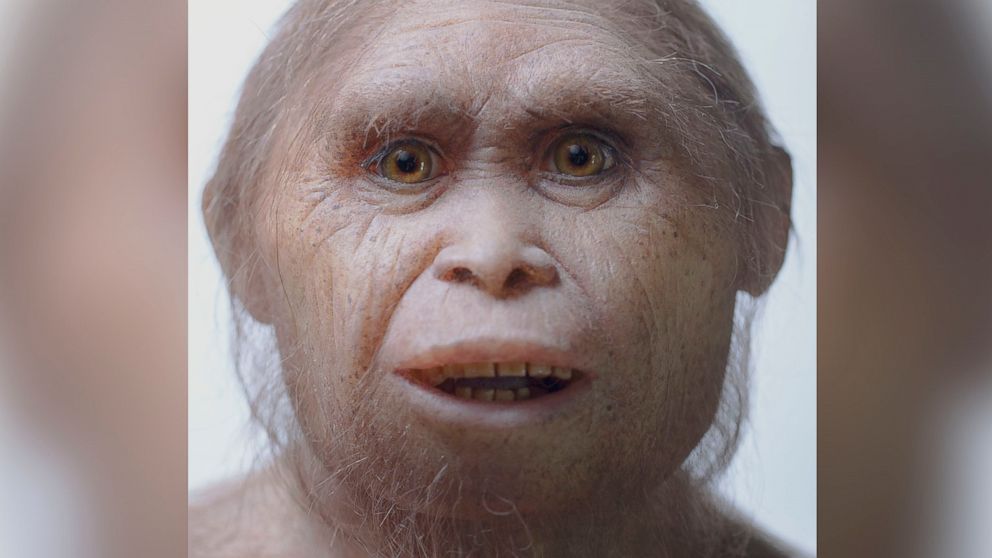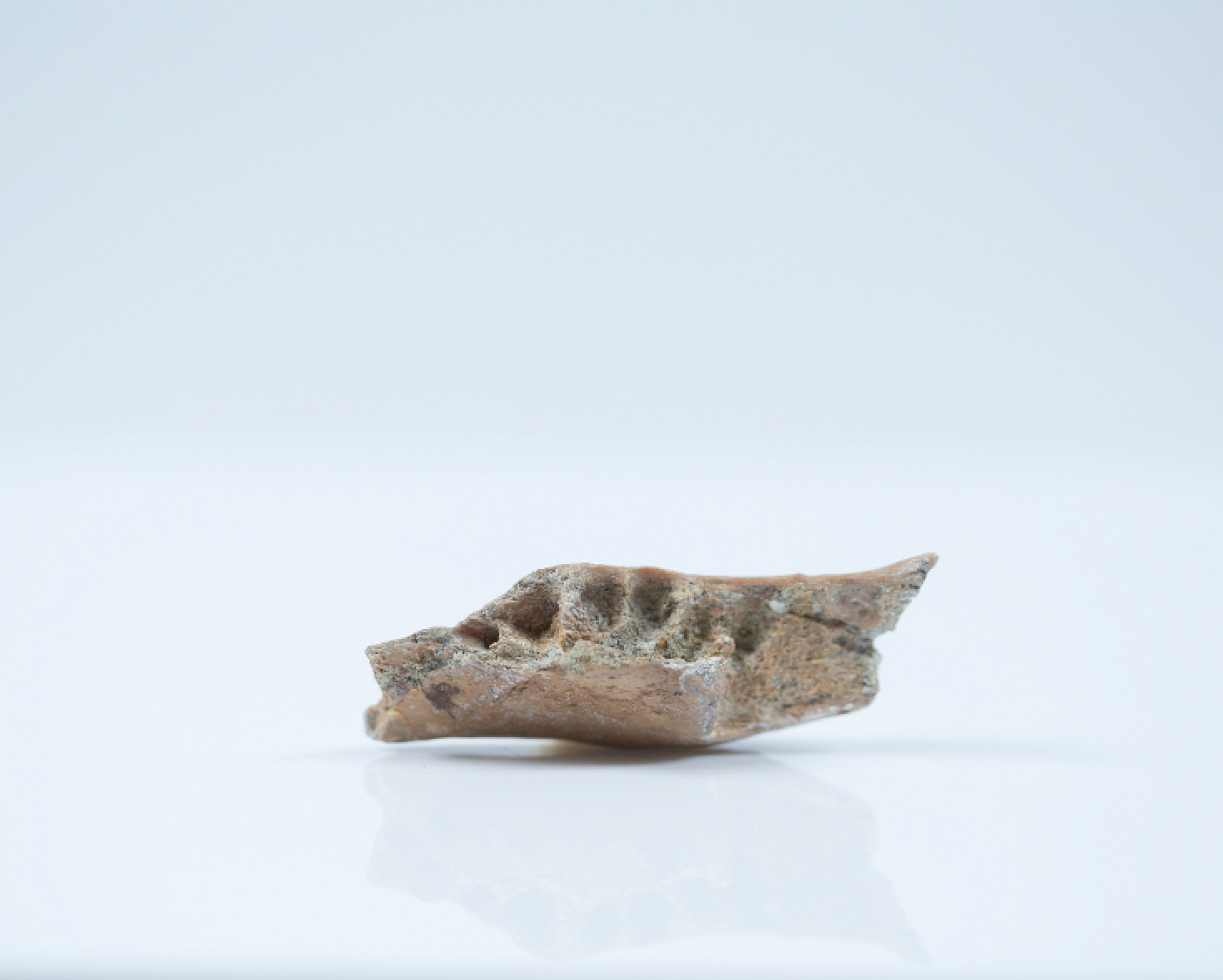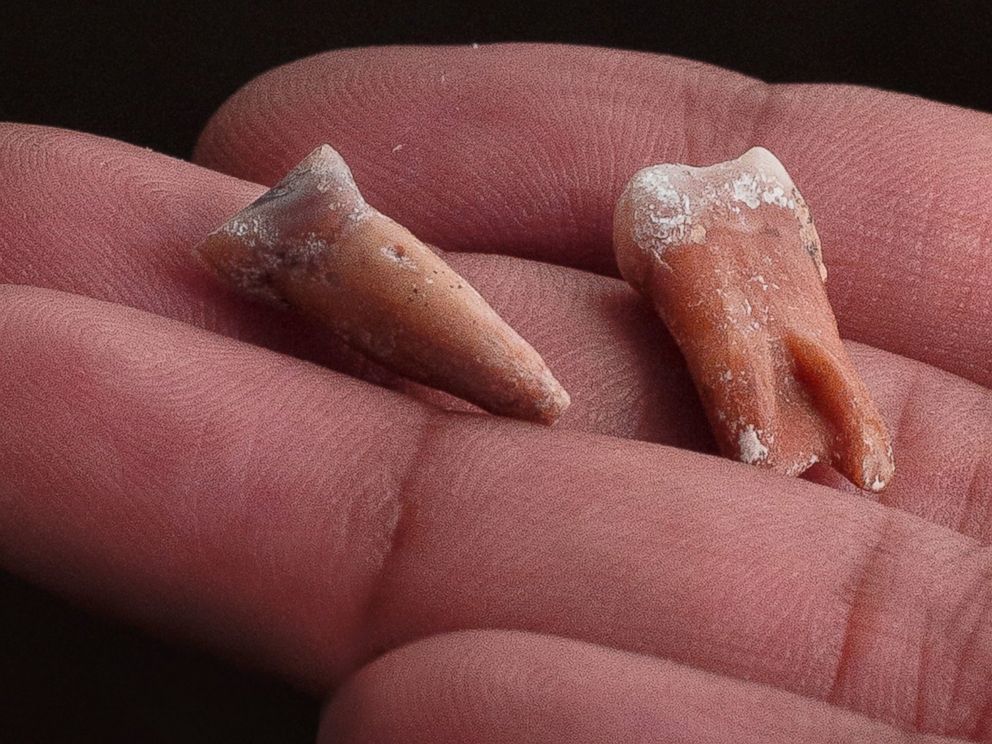Discovery of 'Hobbit' Fossils Offers Insight Into Evolution of Diminutive Humanlike Species
These small hominins lived 700,000 years ago.

— -- A fossil find on the Indonesian island of Flores reveals that the ancestors of "hobbits," a now-extinct hominin species exclusive to the island, were present around 700,000 years ago, significantly earlier than originally thought.
The research on ancestors of "hobbits," or Homo floresiensis, the ancient human ancestors who stood about 3 1/2 feet tall, was published today by a team of international scientists in the journal Nature.
This discovery is significant, scientists say, because it reveals more about the evolutionary origin of the species that has been nicknamed hobbits for their diminutive size.

Since the findings of the original hobbit fossils, around 12 years ago, their evolutionary path has been intensely debated within the scientific community.
A key question is whether these hominins evolved from early Asian Homo erectus and are the case of a unique "evolutionary reversal in hominin body and brain size within an insular environment" or whether the hobbits derived from an older, smaller-brained hominin, such as Homo habilis or even Australopithecus, according to the new paper in Nature.
The findings published today support the view that the hobbits were the dwarfed descendant of early Asian H. erectus and attained their 3-foot statures much earlier than scientists originally believed, researchers said.





